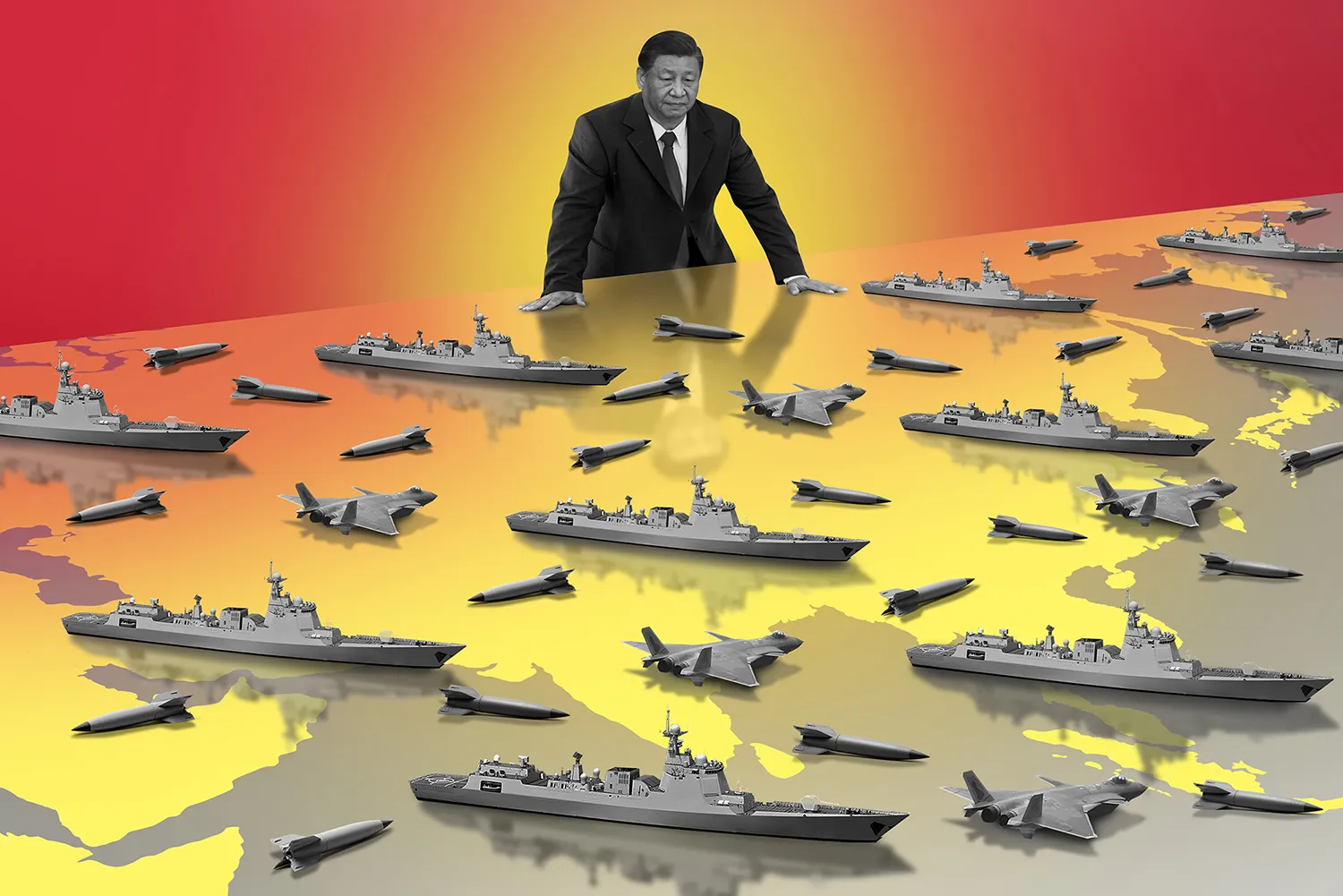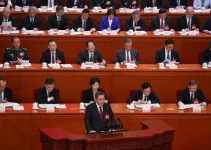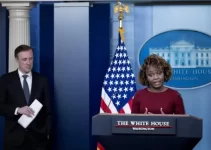The situation concerning the relationship between China and Taiwan represents a complex and crucial issue, which is deeply influenced by historical, political, and cultural factors. While Taiwan operates as a de facto independent state, China believes that the island is its rightful territory, which has various consequences for regional stability, worldwide interrelations, and the balance of power in East Asia.
Despite myths of ancient enmity between China and Taiwan, the conflict over Taiwanese territories and the island’s status on the political map started in 1949 after the Kuomintang-led Chinese Nationalist party was defeated by the Communist Party of China. Since then, Peoples Republic of China’s government claims that Taiwan is one of its provinces and should eventually be re-united with China. This paper aims to analyze this armed conflict intensifying during the recent year by reviewing historical and political factors as well as possible motivations in the case of China.
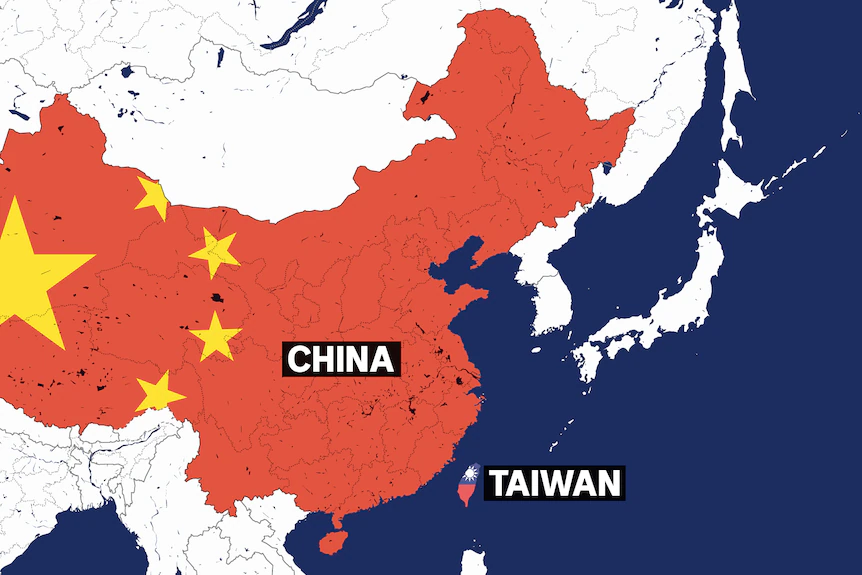
Contents
China and Taiwan: China’s Territorial Claims
China’s claims over Taiwan are based on the One-China Policy that postulates the existence of one sovereign state under the name of China. From this point of view, Taiwan is considered the territory of the state, and the People’s Republic of China shall be the government of the whole of China. Even though the PRC has not controlled the territory in question, it continues to argue that Taiwan will inevitably be united with China, and any attempts of the government of Taiwan, currently known as the Republic of China , to seek formal independence will be intervened by the Chinese army.
This view creates instability in the region due to the clear independent status of Taiwan, which has a separate representative form of government, currency, and armed forces. The issue of the political status of Taiwan is thus widely debated, and one cannot exclude the possibility of Taiwan independence. Given how precarious Taiwan’s position is, tensions still exist, and China-Taiwan conflict is a real possibility, which can have major implications for East Asia and the world.
In this context, the role of major international actors, such as the United States, is crucial. While not directly involved in the dispute, the US’s political stance impacts the regional situation significantly. It follows the strategic ambiguity policy, supporting China in the One-China issue but also maintaining regular trade and supporting Taiwan’s defense. Given the growing tensions between goltogel China and Taiwan, the role of international actors becomes dominant in resolving the issue.
China and Taiwan: China’s Military Buildup
In recent years, China has rapidly expanded its military capabilities, especially concerning naval and power and advanced weapons systems; its militaristic fervor always raises the fact that China is a regional threat and particularly with Taiwan. China has continued to conduct regular military exercises and drills in the Taiwan Strait, enhancing its naval and air power. These serve as a sign of strength and a subtle reminder of its sovereignty claims on Taiwan.
The fact that there are Chinese warships and planes in the airspace means that sky-jumping is high levels of tension and is continually urging Taiwan to remain girding for any chance of a conflict. What we cannot forget is that besides the exercise, China has plowed a lot of money into the production of weapons. China has developed hypersonic missiles and stealth fighters to expand its aircraft carrier fleet. If China manages to spread this capabilitied, it will swing the balance of power and become a direct threat to Taiwan’s safety.
The broader effects of a more lethal and dominant Chinese Military are that other countries stand concerned that China’s growing military influence will result in that dominance having a wider effect on the globe. The United States has consistently declared its intent to sustain a whole and open Indo-Pacific initiative by increasing pressure on their own. The Chinese massive marearmeanwhile Beijing expanding its naval capacity, it will topple the scales of power and turn, directly threatening Taiwan. In conclusion, China’s growing military mandate is a regional emergency, predominantly in Taiwan. The community needs to monitor the actions of the whole military and guarantee peace and order in the area.
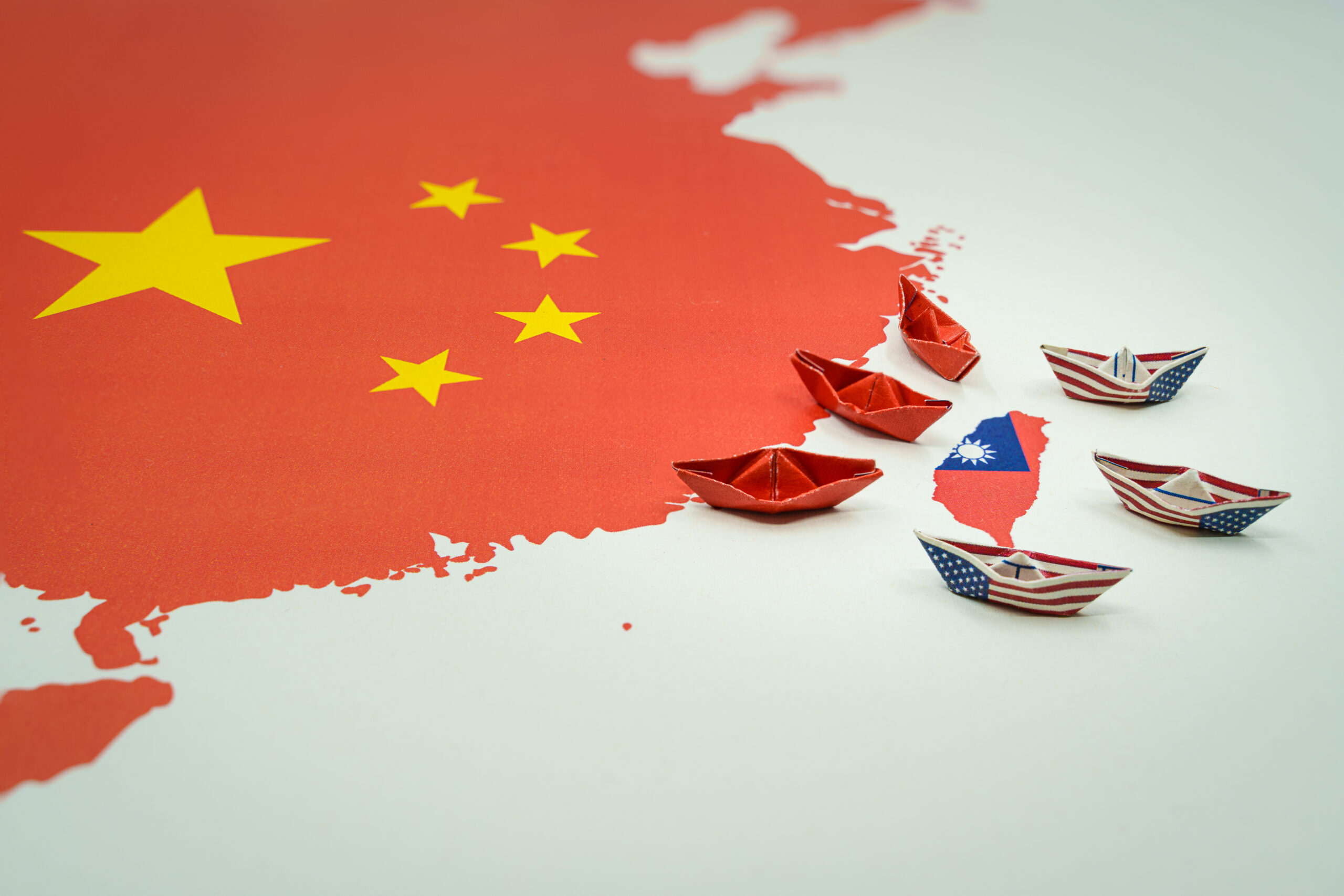
Taiwan’s Response
To counterbalance China’s increasingly aggressive behavior and military build-up, Taiwan has endeavored to strengthen its defense capabilities to deter potential aggression. This has been done by acquiring new military hardware, formulating training regiments, and cultivating diplomatic relations with key countries. In order to modernize its current arsenal in the face of China’s assault, Taiwan has prioritized procurement of advanced weaponry such as air defense systems, submarines, and fighter jets.
Such acquisitions are especially vital as they assist Taiwan increase its ability to retaliate if attacked by China, and they potentially aid Taiwan to keep its regional strategic supremacy. Moreover, the Taiwanese government has prioritized the advancement of the domestic defense sector to realize asymmetrical capabilities that might be used to tackle China in a hypothetical warfare. Apart from enhancements in the hardware sector, Taiwan has also focused on improving its training and military readiness.
This is exemplified by the annual Han Kuang drills that provide rehearsed surroundings for all types of conflict. Furthermore, the Taiwanese authorities have sought to improve the quality of their reserve forces due to the nature of a prospective conflict. Diplomatic endeavors have been crucial in bolstering defensive measures as well. Moreover, a closer partnership with like-minded powers that are afraid of China’s expansion has seen cooperation rise significantly through intelligence exchange, joint training and arms shipment.
Taiwan’s efforts to shore up its defense are prompted by China’s growing interventions. These efforts to procure new weapons, training, and diplomatic partnerships aim to deter all kinds of aggression and safeguard its autonomy. Despite a tense predicament, Taiwan’s determination to curb all challenges shows perseverance amid adversity.
The Role of the United States
The United States is deeply involved in the China-Taiwan conflict due to its strategic interests in the region and long-standing commitment to Taiwan’s defense. Specifically, the U.S. has always maintained a policy of “strategic ambiguity” regarding Taiwan, while officially recognizing the One-China Policy and supporting Taiwan as part of China. It has formally established unofficial relations with Taiwan and sold it arms to maintain its defense capabilities.
The U.S. has strong interests in keeping the Taiwan Strait safe and stable; any conflict in the region may threaten regional safety and international trade, highly dependent on regional goods and the trade route. The U.S. also has economic interests there, as Taiwan is a critical high-tech production hub and a solid economic partner. To supply arms to Taiwan, the U.S. has provided it with the necessary military equipment, even in cases when China has firmly opposed the deals.
Such arms sales included fighter jets, missiles, and entire air defense systems designed to deter potential Chinese invasion. Also, the U.S. supported Taiwan through diplomatic means, sending high-rank officials to the island and pushing for more opportunities for Taiwan’s participation in international organizations. Thus, the U.S.’ role in the China-Taiwan conflict is defined by protecting its interests in the region and deterring Chinese ambitions.
Implications and Possible Outcomes
The ongoing tensions between China and Taiwan pose significant implications not only for the region but for the whole world. Given that both sides are strongly asserting their positions, multiple outcomes and consequences should be considered. On the one hand, a peaceful solution could be achieved, with China and Taiwan finding a way to coexist without resorting to a military confrontation. This resolution would likely maintain the status quo, meaning that Taiwan would remain de facto independent, while China would continue claiming sovereignty over the island.
While more moderate compared to other potential outcomes as it avoids the unthinkable aftermath of the war, the maintenance of the existing tension and potential conflict would require exceptional diplomatic skills and would constantly hang clouds upon regional security and global peace. On the other hand, a military conflict is a potential outcome of the above tensions. A fight in the Taiwan Strait would disrupt global trade, especially in the technology sector, given that Taiwan is one of the most prominent producers of semiconductors and other high-tech parts.
The potential conflict could form several geopolitical realignments, as other claimants would be challenged to take sides and reconsider their relationships with China and Taiwan. Moreover, the military conflict would have particularly detrimental implications for the island of Taiwan. Despite its efforts to bolster the self-defense capability, the power of China’s military represents a severe challenge. It is also difficult to overlook the role of the United States and other international actors in the case of a potential military conflict.
